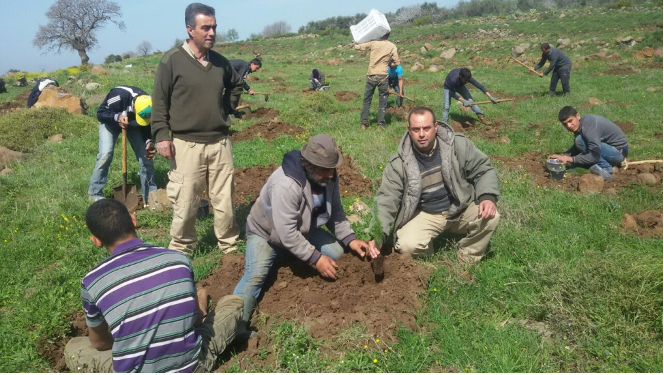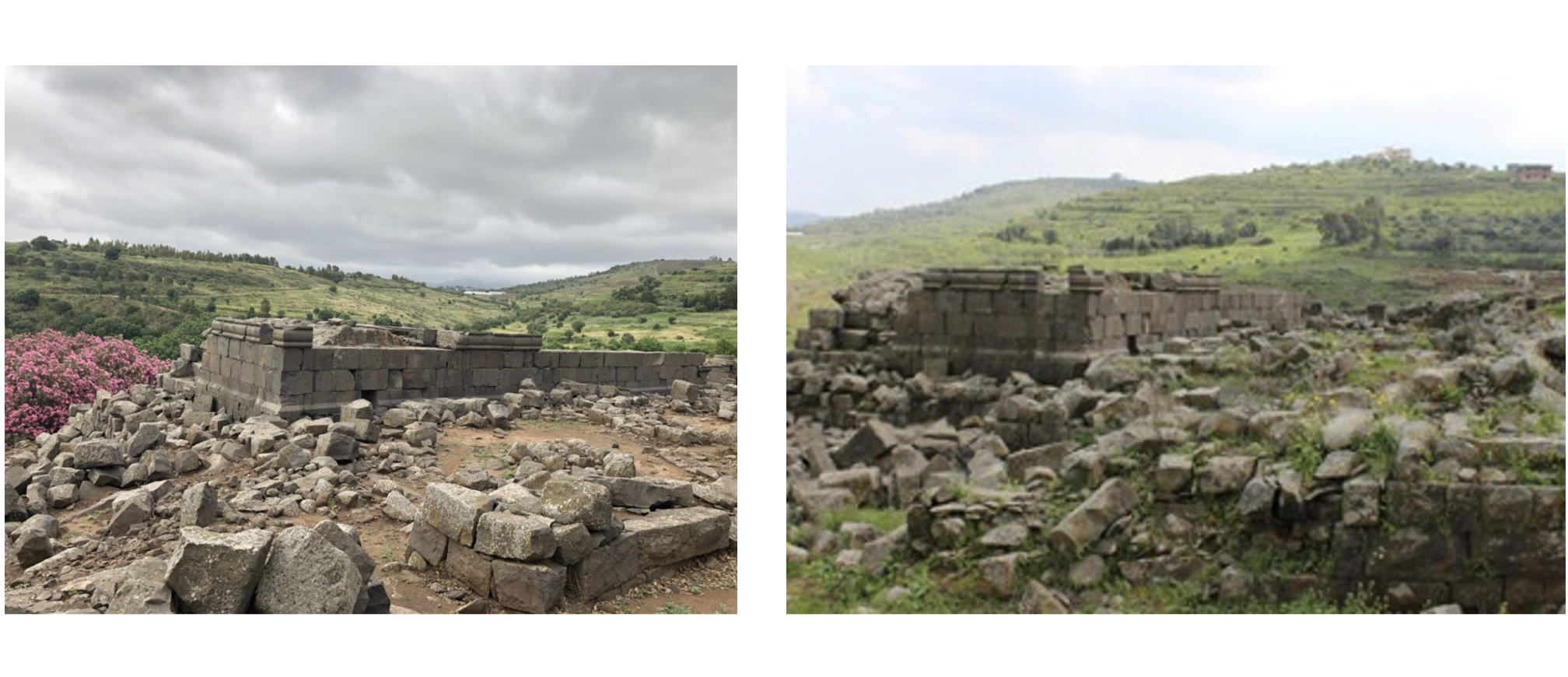




Menjez: The Small Greenville Giant
Leading the Transition to a Low-Carbon Economy with the Power of Nature and Heritage
Status
Challenge
The municipality of Menjez, situated in northern Lebanon’s impoverished Akkar region near the Syrian border, faces major challenges including economic and energy crises, unaffordable and unreliable electricity, reliance on polluting diesel generators, and limited technical and financial capacities. Only established in 2012, it struggles with inadequate structural and human resources and is significantly affected by the Syrian refugee crisis, with refugees making up 30-40% of the local population.
Solution
Since 2014, the Municipality of Menjez has achieved a 25% reduction in emissions by 2020, surpassing the Covenant of Mayors' target. This was accomplished through strategic measures: building partnerships, implementing scientific action plans, securing funding, and providing continuous capacity-building training for its personnel. Key actions included installing a 100 kW solar plant, harvesting rainwater, modernizing water and streetlighting systems, launching biodiversity and heritage protection programs, and developing strategies for rural tourism.
Key Impacts
28.05%
GHG Emissions reduction. 3.05% above the GCoM target.
95%
of citizens accessing clean energy (40-50% of total energy demand)
60%
Reduction in night accidents/crimes and increased safety by solar street lights
95%
of wild fires now under control
Awards
- Hotspot of Biodiversity (CEPF, IUCN)
- Traditional Architecture in the Mediterranean (EU CORPUS)
- La Route Phénicienne, Megalithical Culture Road (Itinéraire Culturel du Conseil de l’Europe)
- UNESCO Natural and Cultural world heritage site, Fair Trade Town, Les plus beaux villages du Liban.


Comments ()